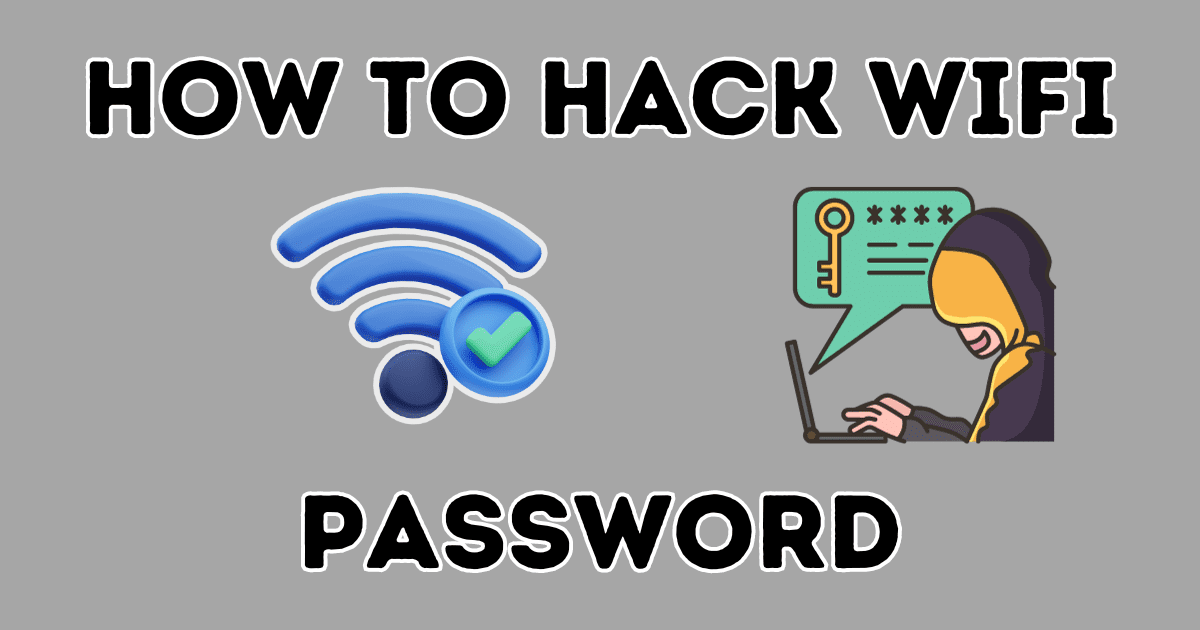
WiFi connection is crucial But what happens when you find yourself in a situation where you need access to a network, and the password is elusive? This is where WiFi Hacking apps come into play.
WiFi unlocker apps have gained popularity as tools that claim to help users gain access to protected WiFi networks.
In this article, we will explore the concept of WiFi unlocker apps, their features, ethical considerations, and the potential legal implications associated with their use.
Understanding WiFi Unlocker Apps
WiFi unlocker apps are applications designed for mobile devices and sometimes computers, which claim to assist users in accessing WiFi networks that are password-protected.
These apps purportedly work by employing various techniques to identify, guess, or crack the password of the target network. Some may use dictionary attacks, brute force attacks, or other methods to exploit vulnerabilities in the network’s security.
Features of WiFi Unlocker Apps
Password Recovery: WiFi unlocker apps often claim to have the ability to recover or retrieve passwords for secured networks. They do so by attempting to guess or decipher the password based on common patterns or vulnerabilities.
Wifi Unlocker
Network Scanning: Many of these apps provide network scanning features, allowing users to identify nearby WiFi networks and their security status (open, WEP, WPA, WPA2, etc.).
User-Friendly Interfaces: To attract a broader audience, these apps often have user-friendly interfaces with simple, intuitive controls.
Database of Known Passwords: Some WiFi unlocker apps maintain databases of known WiFi passwords, which they can use to automatically connect to previously accessed networks.
While WiFi unlocker apps may seem like a convenient solution to accessing WiFi networks, there are ethical concerns associated with their use:
Respect for Privacy: Attempting to access a password-protected network without permission is a breach of privacy. It’s essential to respect the network owner’s wishes and obtain explicit consent before attempting to connect.
Security Risks: Using WiFi unlocker apps can potentially expose users to security risks. These apps may not be secure themselves, and they could compromise your device’s security.
Legal Implications: Depending on your jurisdiction, attempting to access a network without authorization may be illegal. Engaging in unauthorized network access can result in legal consequences.
The use of WiFi unlocker apps may have legal consequences depending on your location and intent. In many countries, unauthorized access to computer networks is illegal and can result in fines, probation, or even imprisonment. It’s essential to be aware of the laws in your area before using such apps.
WiFi unlocker apps may appear tempting for gaining access to password-protected networks, but their use raises several ethical and legal concerns.
Instead of resorting to potentially questionable methods, it is advisable to seek permission from network owners or use public networks when available.
Prioritizing respect for privacy, network security, and adherence to local laws should be the guiding principles when it comes to accessing WiFi networks.
Remember, the convenience of a free connection should never come at the cost of someone else’s privacy or your own legal well-being.
Expanding on the ethical and legal considerations surrounding WiFi unlocker apps, it’s crucial to delve deeper into the potential consequences and responsible use of these applications.
- Respect for Network Owners:
WiFi networks are often set up by individuals or organizations for their specific use. Attempting to break into these networks without permission not only breaches their privacy but can also disrupt their network’s performance.
Imagine the frustration of a small business owner who relies on a secure network for daily operations, only to find unauthorized users slowing down their connection.
Moreover, accessing someone else’s network without consent can result in personal data exposure, as many home networks are interconnected with personal devices and files. Respect for network owners’ rights and privacy should always be a top priority.
- Security Risks:
WiFi unlocker apps themselves can be a security risk. By installing these apps, you expose your device to potential malware or malicious software.
These apps may not be as trustworthy as they claim and could be designed to harvest your personal information or compromise your device’s security.
- Legal Consequences:
The legality of WiFi Hacking apps varies from one jurisdiction to another. Some countries have stringent laws against unauthorized access to computer networks, which includes WiFi networks.
